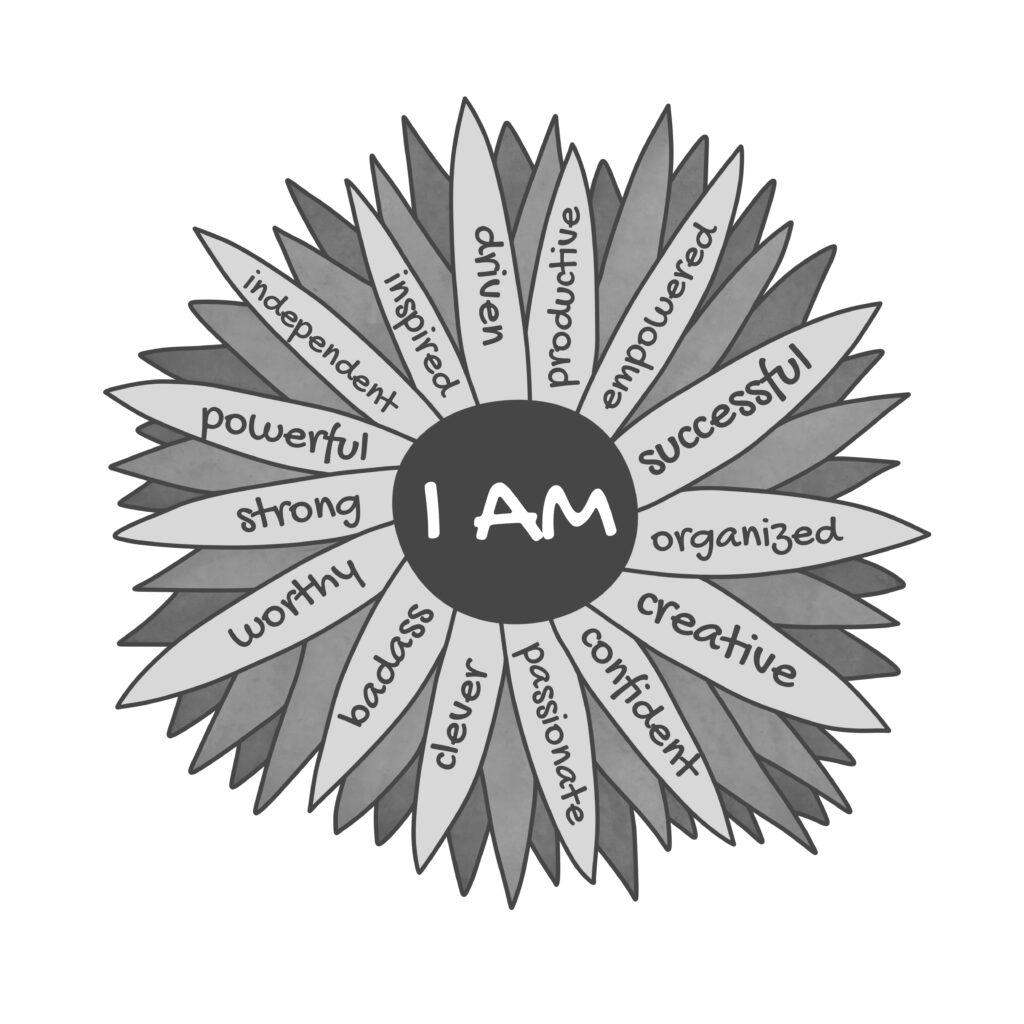
Acceptance and Commitment Therapy (ACT) is a modern form of psychotherapy that encourages individuals to accept their thoughts and feelings rather than fighting or avoiding them, and to commit to actions that align with their values. Developed in the 1980s by Dr. Steven C. Hayes, ACT is grounded in psychological flexibility, which refers to the ability to stay present and engaged in the moment while also pursuing meaningful life goals. ACT is part of the third wave of cognitive-behavioral therapies, integrating mindfulness with behavioral change strategies.
Core Concepts of ACT
- Psychological Flexibility: The central goal of ACT is to increase psychological flexibility. This is the ability to adapt to changing circumstances, manage thoughts and feelings without being controlled by them, and take actions aligned with personal values. Greater psychological flexibility is associated with improved mental health and well-being.
- Six Core Processes of ACT:
- Cognitive Defusion: This process involves changing the way individuals relate to their thoughts. Instead of seeing thoughts as literal truths or commands that must be followed, cognitive defusion teaches individuals to view thoughts as mere words or mental events. Techniques may include visualizing thoughts as leaves floating on a stream or repeating a thought until it loses its meaning, which helps to reduce the power of distressing thoughts.
- Acceptance: Acceptance involves embracing all thoughts, feelings, and bodily sensations, even the uncomfortable or painful ones, without attempting to avoid or change them. This process helps individuals move away from experiential avoidance, where they try to escape or suppress unpleasant experiences, which can often lead to more distress in the long term.
- Contact with the Present Moment: This mindfulness-based process encourages individuals to stay connected to the here and now, rather than getting caught up in the past or future. By focusing on the present moment, individuals can fully engage with their current experiences and take action that is in line with their values.
- Self-as-Context: ACT distinguishes between the “conceptualized self” (the identity shaped by thoughts, beliefs, and narratives) and the “observing self” (the aspect of consciousness that is aware of thoughts and experiences). By cultivating the observing self, individuals can see themselves as separate from their thoughts and feelings, allowing them to respond to situations more flexibly.
- Values: In ACT, values are deeply held beliefs that guide meaningful actions. Therapy involves helping individuals clarify their values, which can serve as a compass for making life choices. Values are not goals but ongoing directions that provide purpose and motivation.
- Committed Action: This process involves taking concrete steps toward living in accordance with one’s values, even in the face of difficult thoughts and feelings. Committed action is about setting goals and making behavioral changes that align with what matters most to the individual, leading to a more fulfilling and meaningful life.
How ACT Works in Therapy
ACT is an experiential and action-oriented therapy that typically unfolds through the following steps:
- Building Awareness: The therapist works with the client to increase awareness of their thoughts, emotions, and behaviors. This might involve mindfulness exercises, journaling, or simply discussing experiences in therapy. The goal is to help clients recognize how their attempts to avoid or control uncomfortable experiences are affecting their lives.
- Fostering Acceptance and Defusion: Clients are guided in learning to accept their thoughts and feelings without judgment and to defuse from unhelpful thoughts. This might involve mindfulness practices or cognitive defusion techniques that help clients see their thoughts as transient and less threatening.
- Clarifying Values: The therapist helps the client identify their core values by exploring what truly matters to them in different areas of life, such as relationships, career, health, and personal growth. This process often includes exercises designed to uncover what the client wants their life to stand for.
- Encouraging Committed Action: With a clearer understanding of their values, clients are encouraged to set goals and take actions that are in line with these values. The therapist supports the client in developing strategies to overcome obstacles and persist in meaningful activities, even when faced with challenging emotions or thoughts.
- Developing Psychological Flexibility: Throughout therapy, the focus is on cultivating psychological flexibility by integrating acceptance, mindfulness, values, and committed action. The therapist helps the client practice applying these skills in daily life, gradually building their ability to handle stress, make decisions, and pursue a fulfilling life, regardless of the emotional or cognitive challenges they face.
Benefits of ACT in Psychotherapy
ACT is highly versatile and effective for a wide range of psychological issues, offering several key benefits:
- Treatment of Anxiety and Depression: ACT has been shown to be effective in treating anxiety disorders, depression, and other mood disorders. By reducing the struggle against negative thoughts and feelings, clients can experience relief from symptoms and focus on living a meaningful life.
- Chronic Pain Management: ACT is commonly used in chronic pain management, helping individuals accept their pain and engage in life activities despite it. This approach reduces the impact of pain on quality of life by shifting focus from pain control to living well with pain.
- Enhancing Quality of Life: By emphasizing values-driven action, ACT helps individuals create a life that is rich and meaningful, even in the presence of difficulties. This can lead to greater satisfaction, improved relationships, and a sense of purpose.
- Flexibility and Adaptation: ACT’s focus on psychological flexibility makes it effective in helping individuals adapt to life changes, manage stress, and cope with difficult situations. This adaptability is particularly beneficial in dealing with life transitions, such as job loss, divorce, or illness.
- Holistic and Integrative: ACT integrates mindfulness with behavioral change, making it a holistic approach that addresses both the mind and body. It can be easily combined with other therapeutic approaches, enhancing its effectiveness in a variety of contexts.
- Empowerment and Resilience: ACT empowers individuals by helping them take control of their lives through value-driven actions. This focus on values and committed action fosters resilience, enabling individuals to navigate life’s challenges with greater strength and flexibility.
